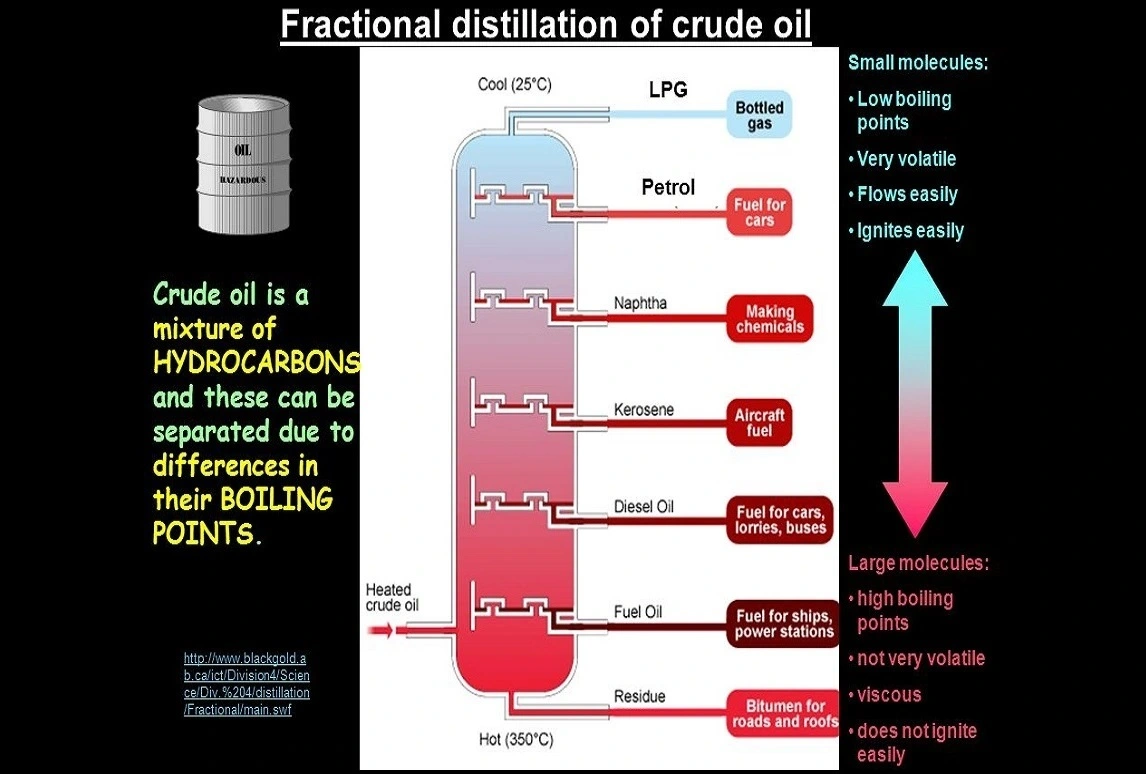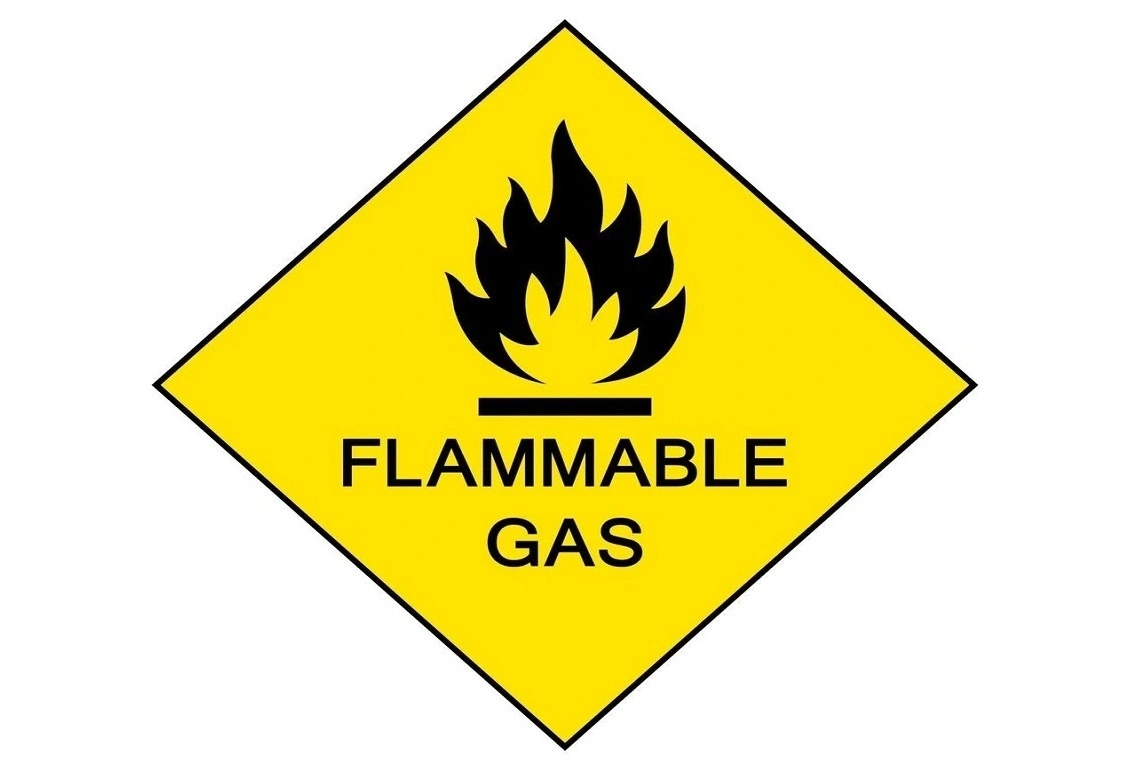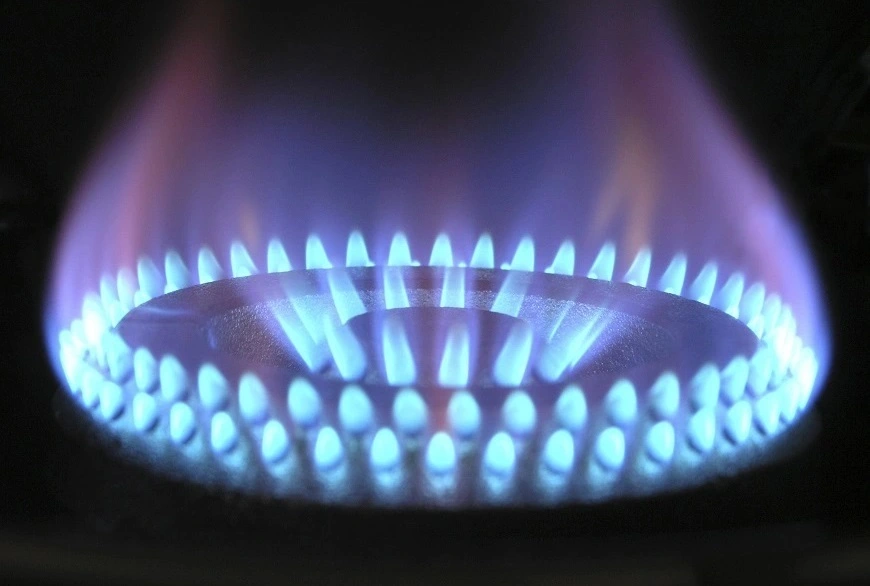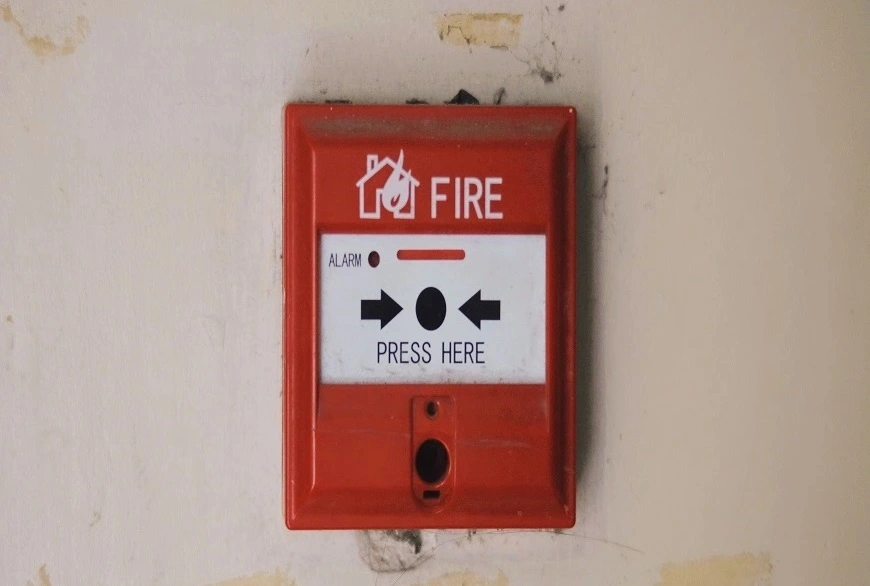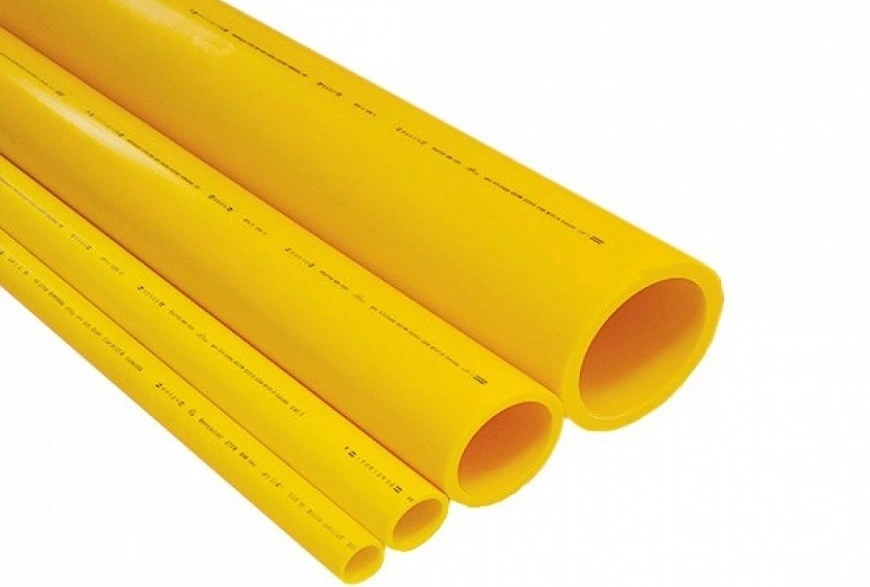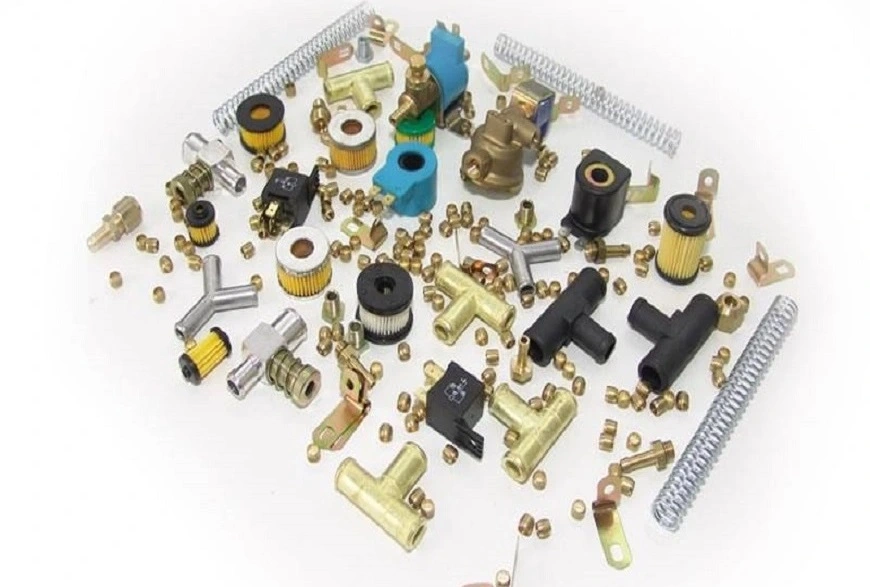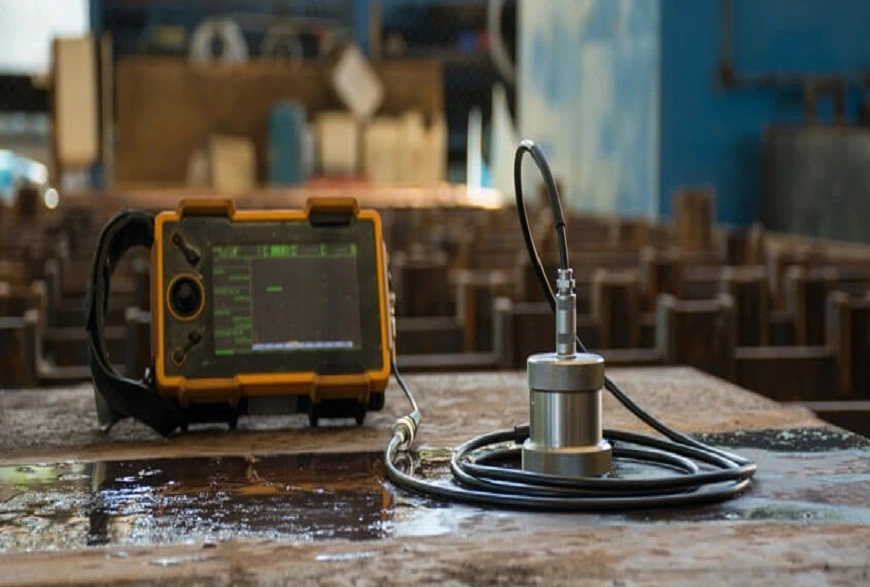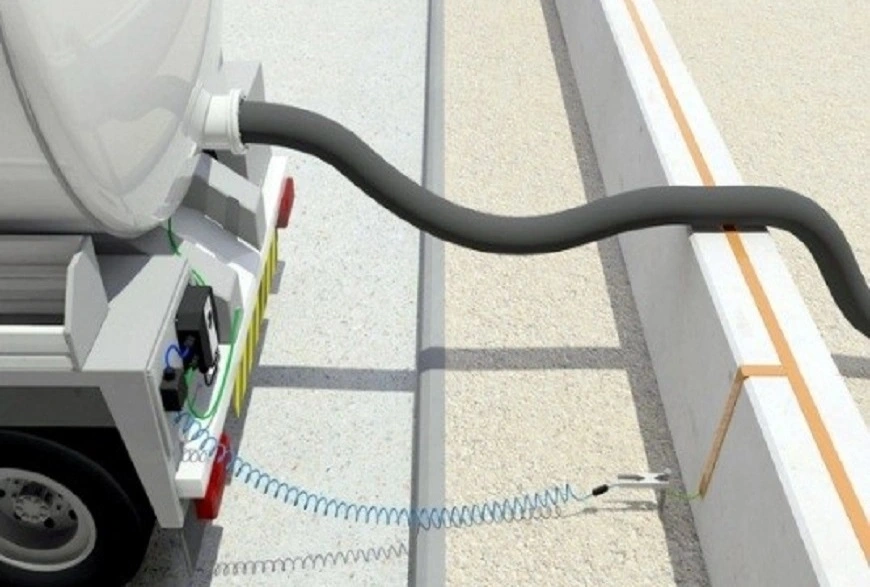What is Liquefied Petroleum Gas?
LPG stands for Liquefied Petroleum Gas. It is a mixture of hydrocarbons, primarily propane and butane, that are in the gaseous state at ambient temperatures and pressures, but can be converted to liquid form under moderate pressure for storage and transportation. It is a versatile fuel source with a wide range of applications. It’s clean-burning nature and portability make it a suitable choice for many different settings and industries.
LPG has several common uses, some of which are:
- Cooking and heating: LPG is commonly used as a fuel source for cooking and heating in residential and commercial settings. It is used in gas stoves, ovens, and also in central heating systems.
- Transportation: LPG is used as a fuel source for vehicles, particularly in rural and remote areas where gasoline and diesel may not be readily available.
- Industrial uses: LPG is used as a feedstock in the petrochemical industry to produce a wide range of products such as plastics, synthetic rubber, and fertilizers.
- Power generation: LPG is used to generate electricity in power plants and in remote or off-grid locations.
- Agriculture: LPG is used to dry crops, power irrigation pumps, and as a fuel source for farm equipment.
- Leisure: LPG is used as a fuel source for boats, recreational vehicles, and campers.
- Commercial: LPG is used in a wide range of commercial and industrial settings, such as restaurants, hotels, and factories. It is also used to fuel forklifts, scissor lifts, and other industrial equipment.
Why would you choose to use LPG over energy sources. Here are some reasons why:
- Clean-burning: LPG is a clean-burning fuel, producing fewer emissions than traditional fossil fuels like coal and oil. This makes it a more environmentally-friendly choice.
- Portability: LPG is a portable fuel source, which makes it suitable for use in remote or off-grid areas where other fuel sources may not be readily available.
- Cost-effective: LPG is a cost-effective fuel source, and can be stored for long periods of time without degradation. It also tends to be cheaper than other fossil fuels like gasoline and diesel, making it a more affordable choice.
- Safe: LPG is non-toxic and non-corrosive, which makes it safer to handle and transport than other fuels. Additionally, when handled properly, it poses a low risk of fire or explosion.
- Reliability: LPG is a reliable fuel source and can be stored for long periods of time, ensuring a steady supply of energy.
- Versatility: LPG has a wide range of uses, from cooking and heating to transportation and power generation, making it a versatile fuel source.
- Energy efficient: LPG appliances tend to be more energy efficient than electric ones, which can result in lower energy bills.
Liquefied Petroleum Gas (LPG) is a flammable and explosive fuel, and as such, it poses certain dangers if not handled and stored properly. Some of the clear dangers of using LPG as a fuel source include:
- Fire and explosion risk: LPG is highly flammable and explosive, and if a leak occurs, it can easily ignite and cause a fire or explosion.
- Asphyxiation: If LPG leaks into an enclosed space, it can displace oxygen and cause asphyxiation. This can be particularly dangerous in confined spaces such as basements or attics.
- Health hazards: Long-term exposure to LPG can cause respiratory problems and other health issues. Additionally, LPG leaks can cause headaches, nausea, and dizziness.
- Leak detection: LPG is odorless and colorless, so it can be difficult to detect leaks. Special sensors and alarms are required to detect leaks and ensure the safety of the users.
- Transportation and storage: LPG needs to be stored in special tanks and transported in special vehicles, this can add to the cost and complexity of distribution.
- Quality control: LPG quality varies depending on where it is sourced and how it is stored, it's important to check for impurities and make sure it's of good quality.
It's important to handle and store LPG in accordance with the regulations and guidelines established by the relevant authorities. Regular maintenance and inspections of LPG systems, including appliances, tanks, and piping, are crucial to ensure the safety of users and minimize the risk of accidents.


